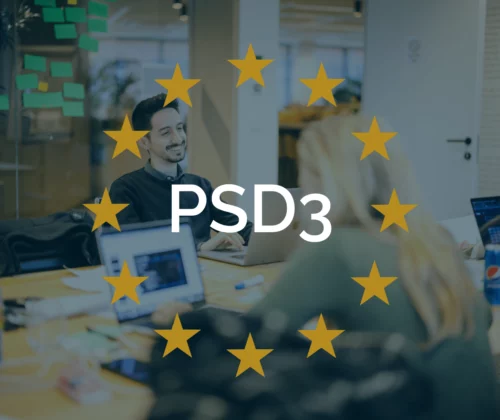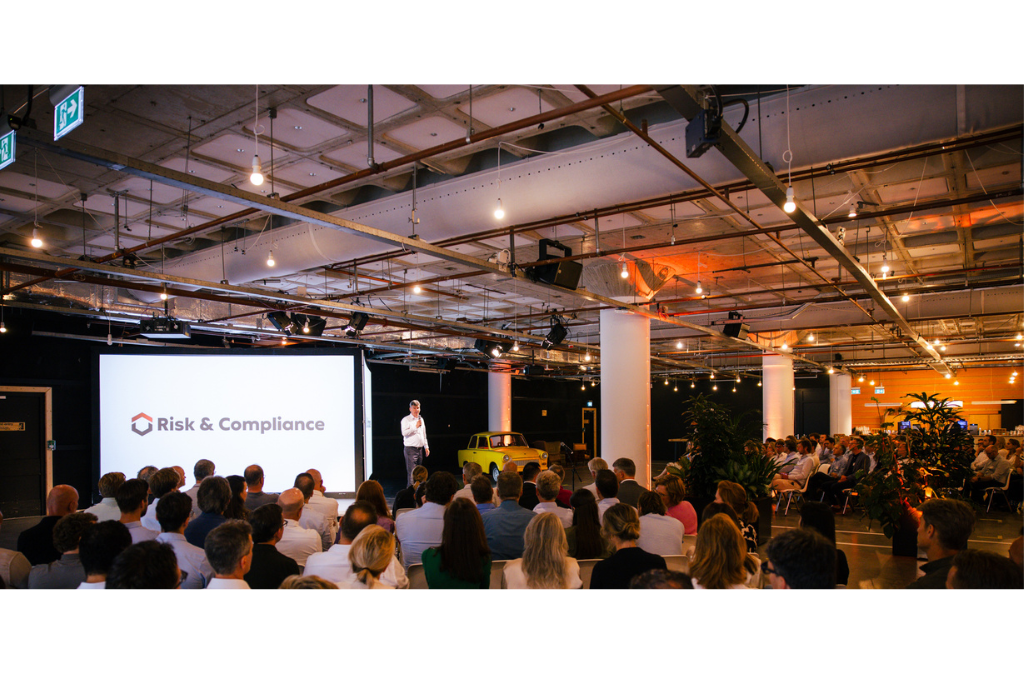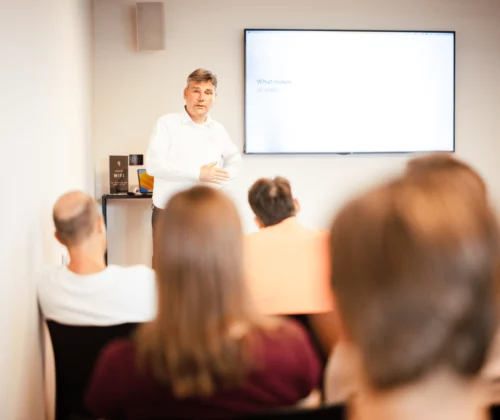
Since 11 November 2023, all active EU crowdfunding platforms within the business financing sector are subject to a licensing requirement. This licensing requirement follows from the European crowdfunding regulation, the ECSPR (European Crowdfunding Service Providers Regulation). After the deadline has passed, most of the dust seems to have settled. A particularly good time to take a closer look at this market and to look ahead.
The landscape at a glance
Crowdfunding fills an important funding gap for small and medium-sized enterprises in the Netherlands. This often involves financing projects that are too risky for banks and too small for venture capital. Returns for investors are usually quite high (7 to 10 percent) but also have a high level of risk.
A look at the AFM’s Register of Crowdfunding Platforms shows that at the time of writing, there are 40 parties active as licensed ‘Crowdfunding Service Providers’ on the Dutch market. More than half of these (26) are foreign parties that are allowed to enter the Dutch market by means of their ‘EU passport’. This means that nineteen (19) Dutch crowdfunding platforms currently have an ECSP license. Many of these parties focus on real estate financing, but there are also platforms that focus on emerging markets or sustainable finance.
‘Loan’ versus ‘equity’
Within the crowdfunding market, there are differences in the services provided by different platforms. The main distinction is whether the platform facilitates the provision of loans or focuses on facilitating the provision of funds through securities (mostly stocks or bonds). At the time of writing, 29 of the 46 parties active in the Dutch market focus on loans, while 35 parties are authorised to place transferable securities and other instruments admitted for crowdfunding. There is an overlap between these two groups, as 18 parties offer both loans and equity financing. Another striking fact: only 16 of the 46 parties opt for the possibility offered by the license to offer a bulletin board on the platform. This provides investors on the platform with the opportunity to respond to other investor’s buying and selling intentions.
The regime
Before 11 November 2023, many Dutch platforms that were active in loan crowdfunding were exempted by the AFM from a license under the ‘ontheffing bemiddelaar van opvorderbare gelden’. Since the ECSPR came into force, this has changed into a licensing requirement. This specifically concerns parties that mediate in the financing of projects up to a maximum of € 5,000,000,- per project. The companies that are subject to this licensing requirement must comply with an extensive list of requirements for, among other things, their internal governance, business processes, data governance and, in the case of loan intermediaries, their loan assessment process. As a result, not all parties have been able to convert their exemption into a license before the deadline of 11 November 2023.
Professionalisation and supervision
Within the sector, we often see that parties struggle with the rules that are imposed on them in order to obtain a license and then maintain it. A few examples:
- Within the ECSPR regime, there are specific rules aimed at marketing communications that must be complied with for every public expression in order to prevent a platform from playing favourites to specific projects. In order to comply with these rules, platforms must have a thorough marketing policy with an accompanying checklist for communications;
- Platforms that have just obtained a license often have difficulty adequately setting up the mandatory investor protection measures. Examples are the knowledge and experience test and the calculation of the capacity to incur losses. This is partly due to the fact that many platforms only see this as a mandatory cost and not as an extra way to provide their customers with sufficient information before they invest on the platform;
- Many parties overlook the reporting and prudential obligations that follow from the ECSPR regime. For example, the prudential safeguards must be monitored on a quarterly basis and institutions must report annually on the funded projects on the platform.
Looking to the future
Based on current trends, we can cautiously make a few predictions about the development of the freshly regulated crowdfunding market:
- Given the significant costs and requirements of a crowdfunding license, there will be further consolidation in the market. The majority of the platforms in the AFM’s register do not yet have a licence and it is unlikely that all of these parties will obtain one. The survivors will fill the gaps left by the exiting parties, and continue to grow;
- Given the relative simplicity of passporting to other countries with an ECSP license, the crowdfunding market will internationalize. More foreign players will become active on the Dutch market and some of the larger Dutch platforms will increasingly expand abroad. This offers new opportunities, but will also stimulate competition for Dutch licence holders;
- Some of the platforms offer a mix of loans and securities. It is likely that more parties will follow this example to avoid offering comparatively few financing options to their customers. Platforms will look for the ideal mix of funding to meet as many financing needs as possible. For example, there will be platforms that, in addition to their crowdfunding license, also pursue registration as an alternative fund manager under the AIFMD-light regime.
Conclusion
The crowdfunding industry has changed a lot in recent years and will continue to evolve in the coming years. The professionalism and scale of the sector is increasing due to the licensing requirement, while the average size of crowdfunding platforms is also increasing due to consolidation in the sector. In this article, we’ve provided a brief overview of the current state of the crowdfunding industry and made some tentative predictions. In a future article, we will look back at these predictions and see whether the sector has actually developed in the direction outlined. Sign up for our newsletter to catch the next update .
In short, there are plenty of developments in the crowdfunding market to take into account. Within Projective Group, we have extensive experience with various consultancy projects for (prospective) ECSPR-licensed companies. We have successfully assisted various parties in obtaining an ECSP license and are active in compliance functions and as legal advisor at various platforms. We also support platforms in their contact with regulators. Want to meet one of our experts?



